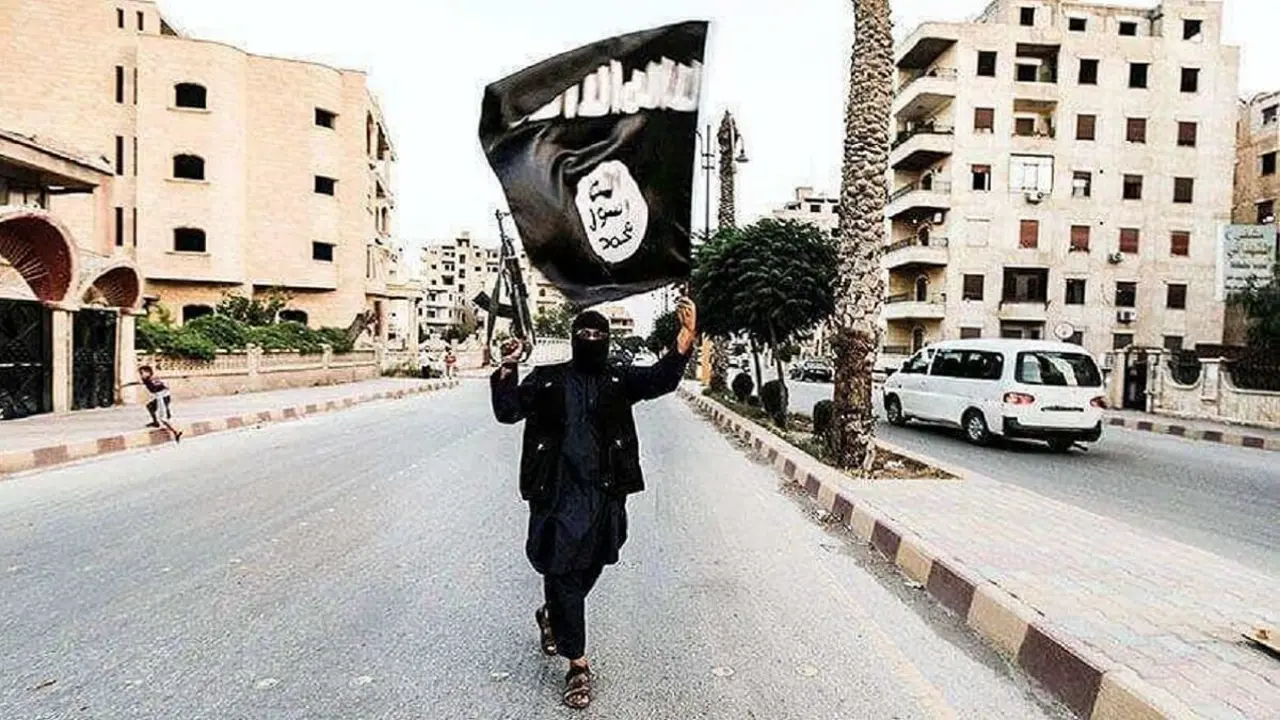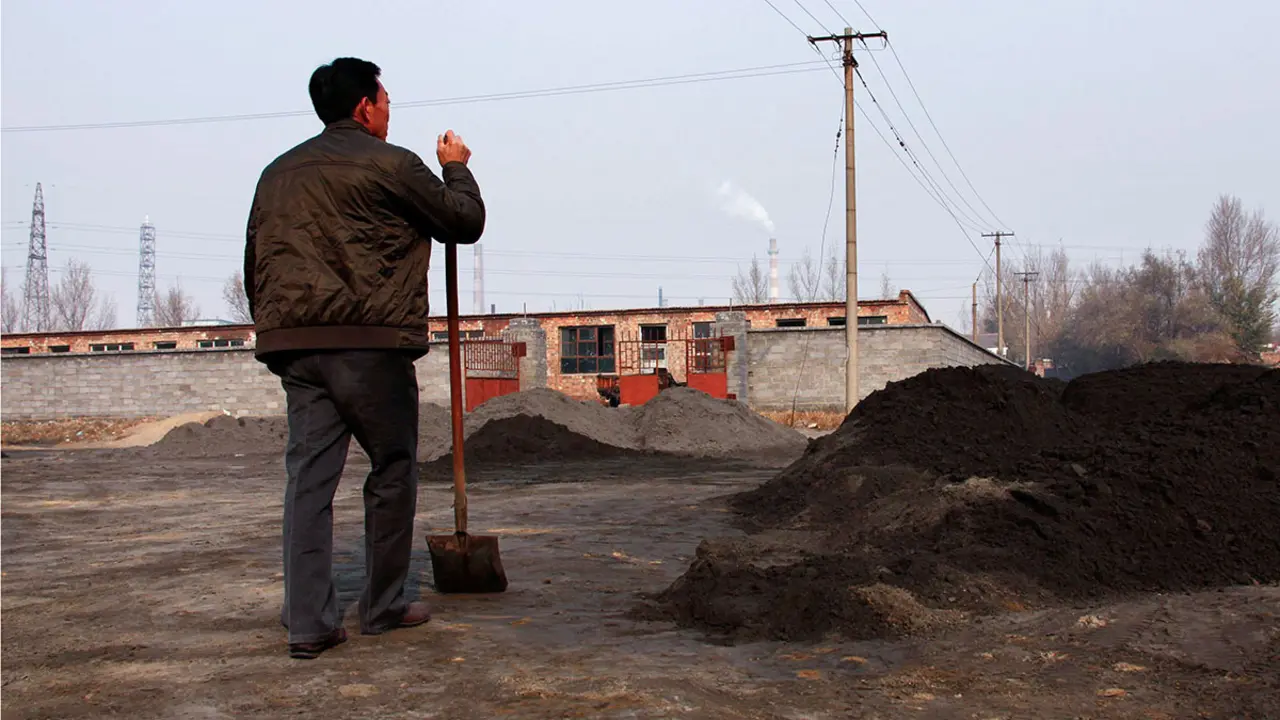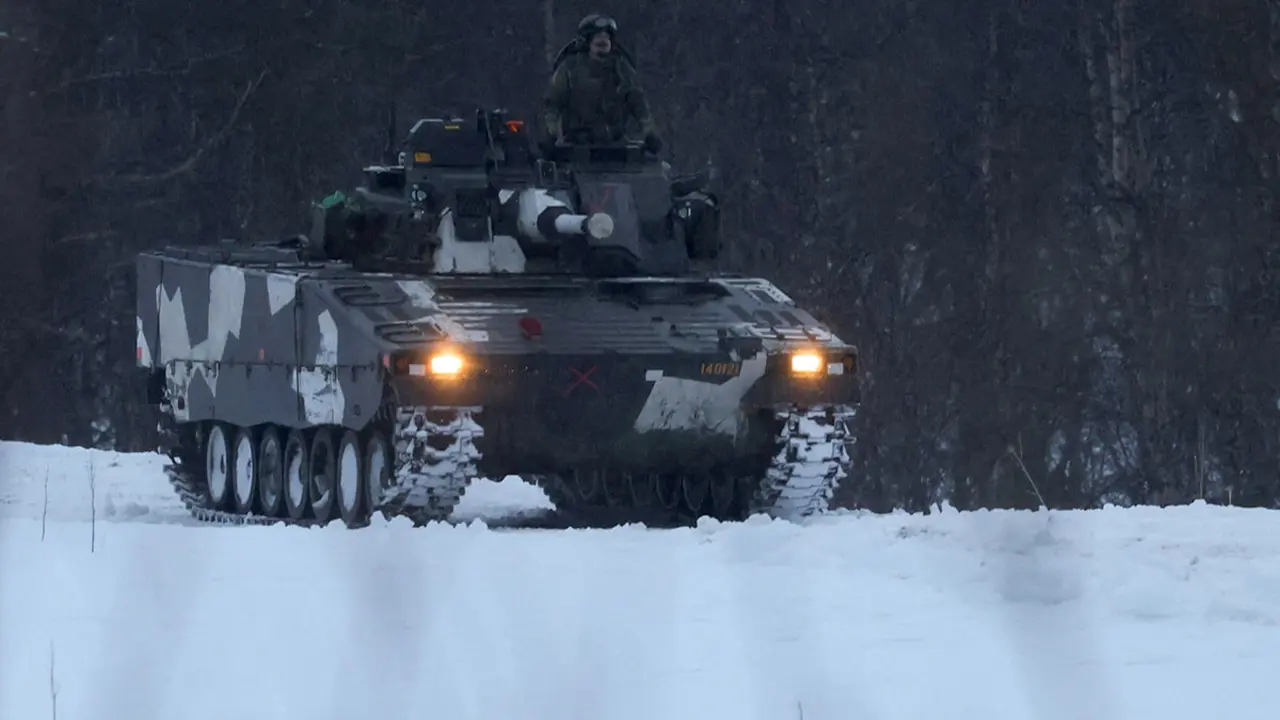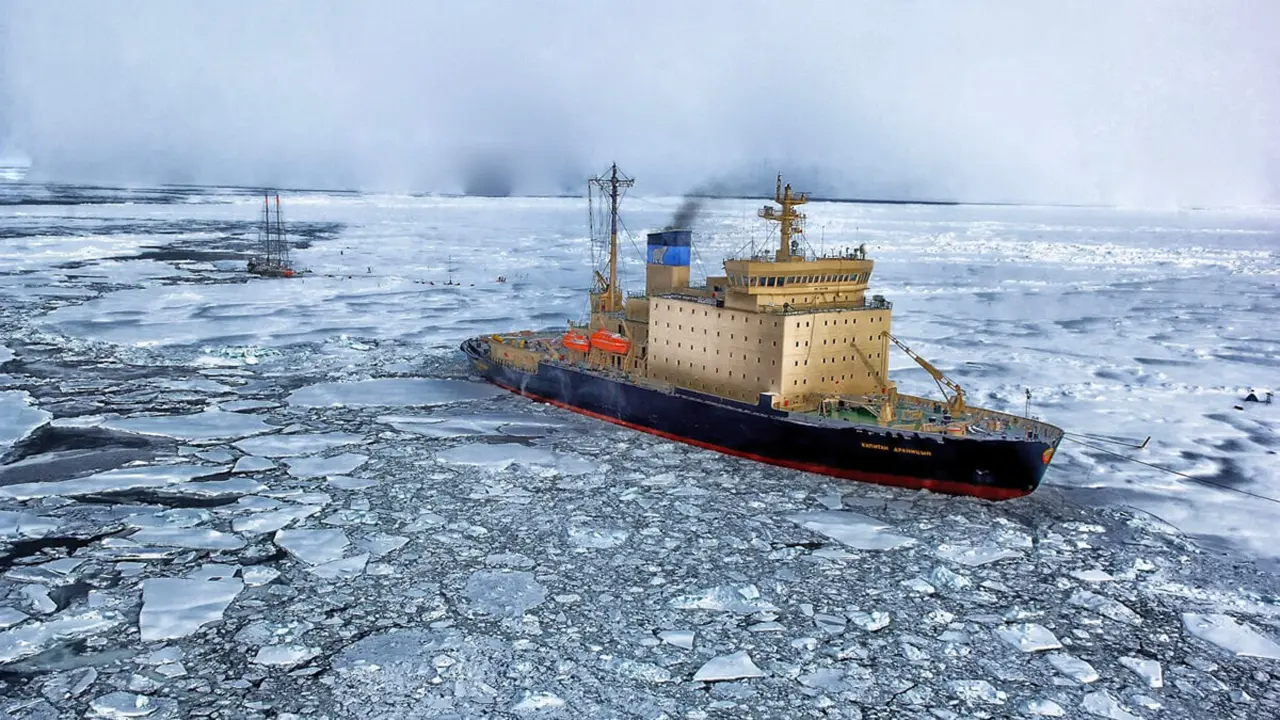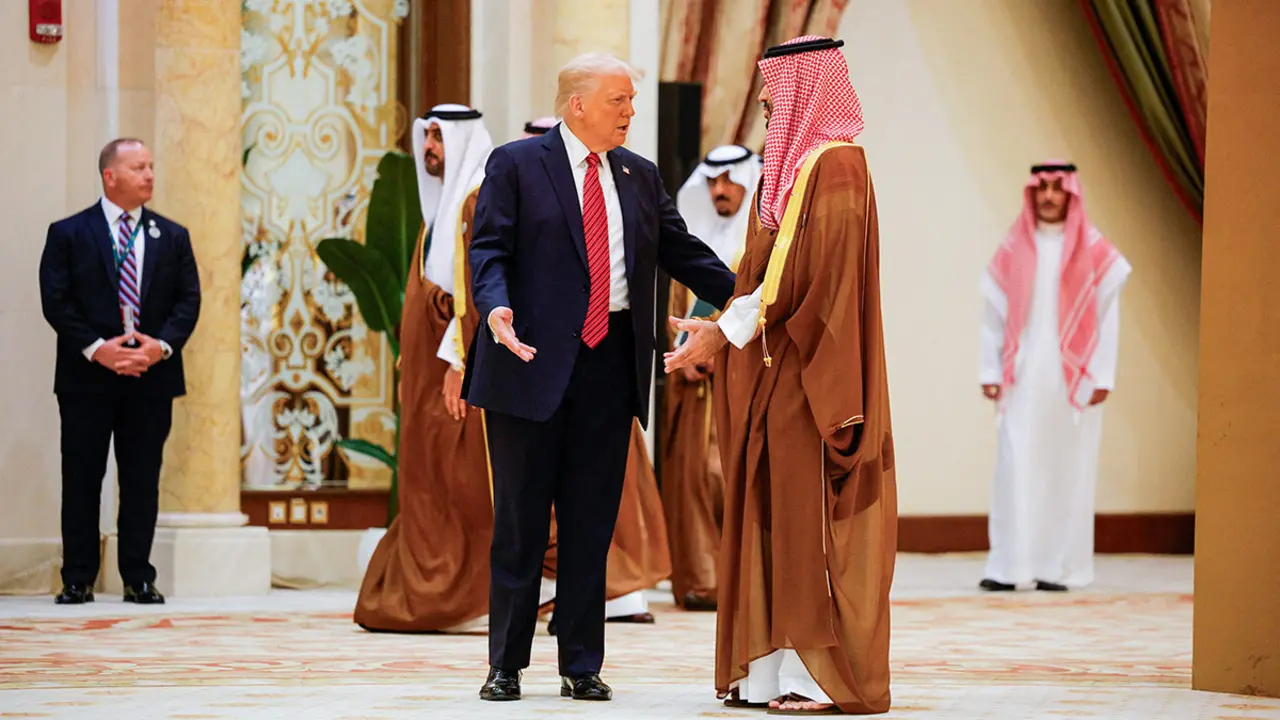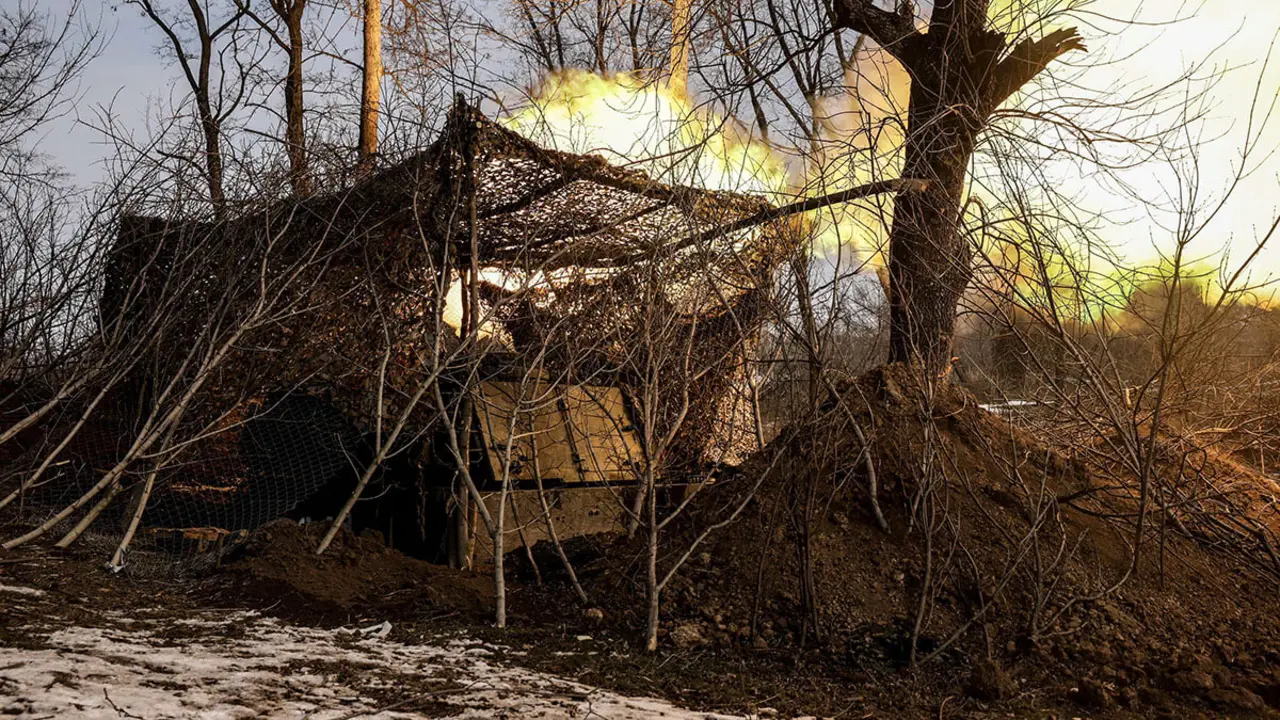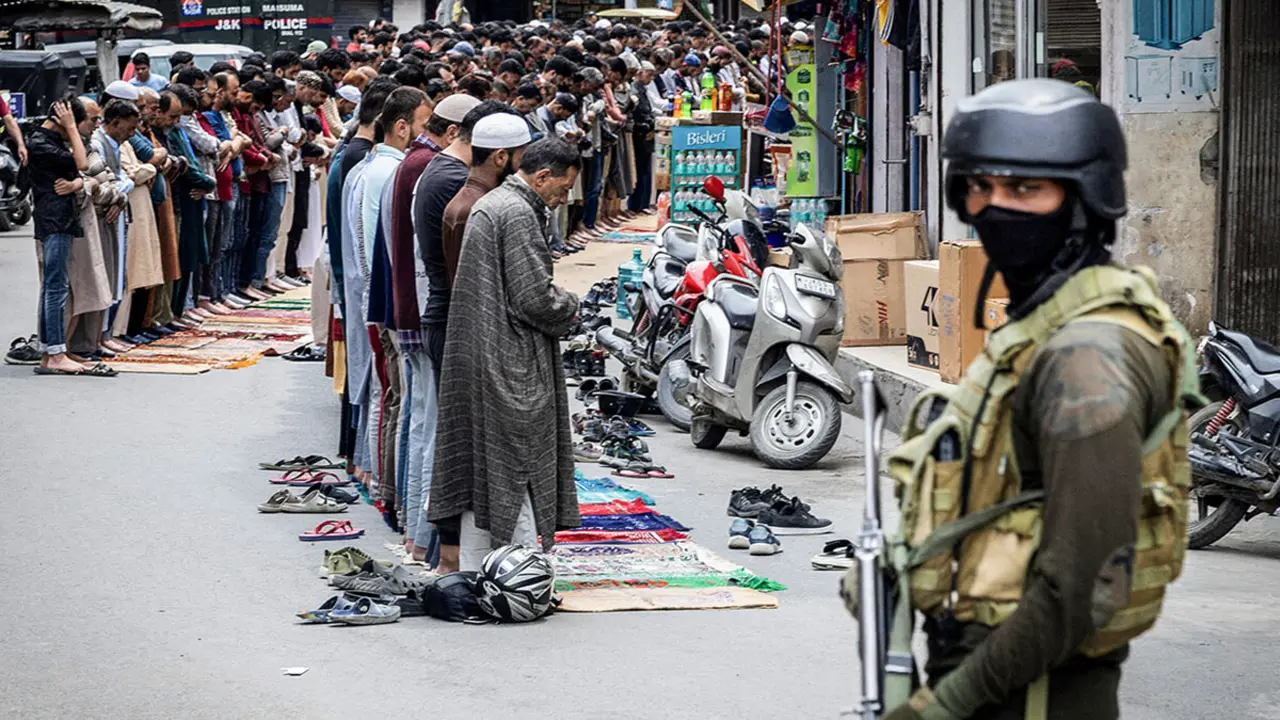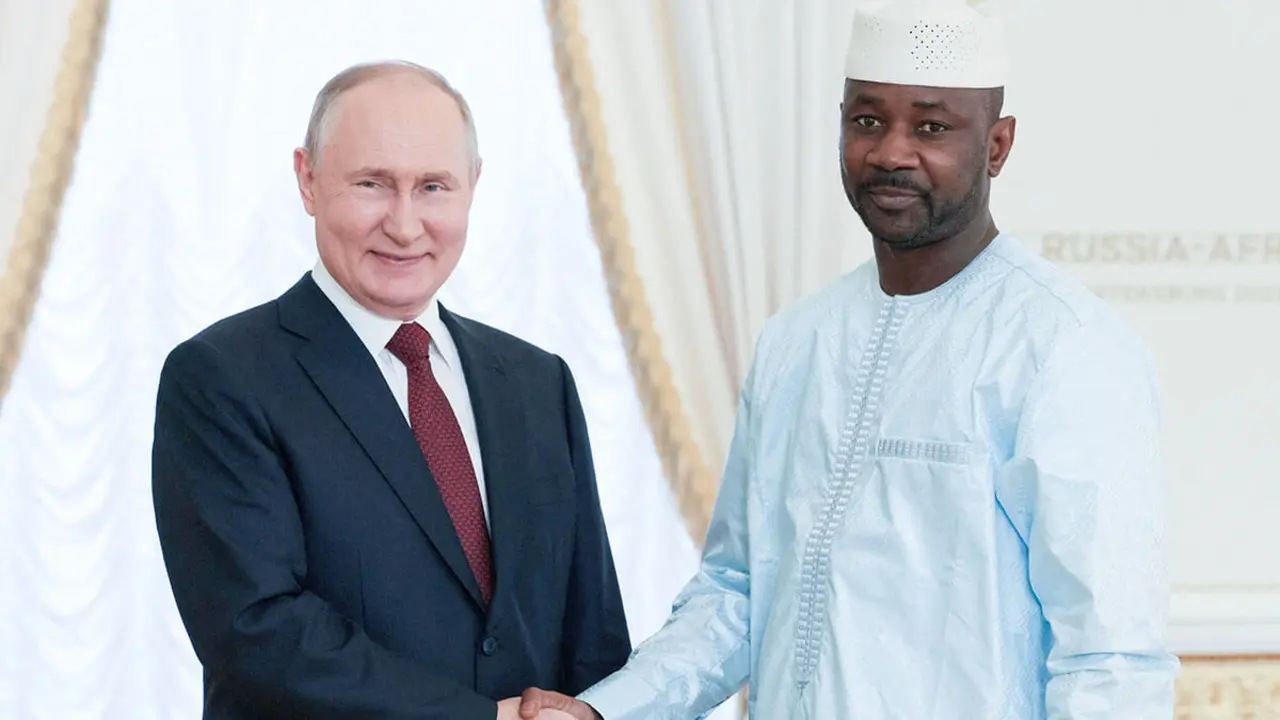Torturada durante 16 días en Jersón por negarse a legitimar los referéndums rusos

"It's very difficult for me to remember all this, let me make coffee first," says Antonina Cherednik, as she kindly invites me to sit at her table. She is the mayor of Stepanivka, 50 years old, and has been tortured by the Russians for refusing to collaborate with them while they had Kherson occupied.
"They searched my house nine times, and three times they took me to their holding centres. The third time, I ended up in the Kherson police station, where I was tortured for 16 days," she sums up as she feels ready to begin her story. It may be the harshest testimony that the pages of ATALAYAR have collected in the more than nine months of war in Ukraine. But it is also one of the most necessary.
"The first time was in May. They came to my house at 5:30 in the morning, in three big cars. They put me in one of the armoured cars and I could see that the head of the Territorial Defence, a deputy from Kherson, was detained in the other," she recalls. She describes the experience as "terrifying". She was locked in a cell at the Provincial Courts, and after a while a drunken man in a mask, who reeked of homemade vodka, was locked next to her.
He tore her blouse and struggled with her. "I was half naked," she recalls with a grimace on her face. "I shouted at him if he wasn't ashamed to do that to a grandmother, and he stopped. When he came out of the cell he said he was going to come back, but he didn't show up and they released me after a while, after warning me that I had to collaborate with the new Russian administration".
According to Antonina's account, she was asked to carry out propaganda in favour of the annexation referendum, which they were already planning in May. And although she was let go after serious threats, this was only the beginning of the nightmare she experienced during the almost nine months of Russian occupation.

A month later, when the mayor was on her way to do the shopping, several cars surrounded her car and cut her off near the market. She was again illegally detained, and this time she was taken to the regional administration building. There a Russian commander told her that she was not "behaving well".
"I was not doing propaganda to encourage the neighbours to vote for the annexation, as I was asked to do," she admits, "and they knew it". In this new interrogation, alongside the Russian officers was a Ukrainian teacher from Kherson. "She was a collaborationist, and she also tried to convince me to collaborate with them".
This time they asked her for something very specific: to help draw up the electoral roll in her district. At that time, the Russians had already appointed a representative of the new administration in every village in Kherson, and they monitored what was happening in each locality. They then informed the regional commander of the citizens' movements. That's why they knew that Antonina was not cooperating.
"They were all policemen or members of the special military units, all brought from Russia, and then there were also local people who helped them, like the Ukrainian teacher," explains the mayor. Most of these collaborators left Kherson, along with the Russians, last November, when the Kremlin troops withdrew from the city.
This is not a new story. Testimonies about the flight of collaborationists are repeated in towns such as Martove, Kozacha Lopan or Balakliya (in the liberated part of Kharkiv), where those who had publicly declared themselves pro-Russian fled when the Ukrainian counteroffensive took place in the autumn.

After the second interrogation, Antonina was released again, and the worst came later. "The third time they arrested me, I was at work," she recalls, "and at least 20 men came to the agricultural cooperative where I work and started to search everything". Finally, she was taken, with a plastic bag over her head, to the Kherson Provincial Police Station. It was September.
"Before arriving, they covered my eyes with a towel and adhesive tape, and I couldn't see where I was at any time. In fact, I didn't know what place it was until after Kherson was liberated and the Ukrainian intelligence services told me," she says. "They put me in a cold, damp cell with another woman called Nadia, 60 years old. And the torture began".
Every time she was taken out of the cell to the interrogation rooms, she was blindfolded again and led through the corridors, kicked in the ass and pushed against the walls. As she recounts what happened during those days, she wears a piercing expression of pain on her face.
"The first thing they did was to reproach me for not collaborating in the referendum, as I had been asked to do on other occasions; for not issuing Russian passports, for not drawing up the electoral register," she continues. "But there was more... As the referendum was to be held within days and there was no time for me to do what they wanted, they tried to get me to inform on the people who were helping our army".
"They asked me for the names of the regional commanders of the Territorial Defence and the informants who were passing data on Russian positions to the Armed Forces." "They also accused me of being an informer, although I denied it. I tried to convince them that I was just working, cooking at home and taking care of my grandchildren... But they didn't believe me," she explains.

Between interrogations and beatings, she and her cellmate were forced to clean the toilets in the building. "It wasn't the hardest," she takes a breath and continues. "Near our cell there was another interrogation room, and we listened to other detainees being tortured there... we even heard three people being killed, and they would ask the soldiers outside to dispose of the bodies. Then they would come to the cell and say to me: 'Toña, this is what will happen to you if we prove that you inform the Ukrainian army'. It was terrifying".
The torturers wanted the mayor to give her compatriots away by making a video statement. But they didn't succeed. "The interrogations were not daily, but they were terrible: they gave me electric shocks, and if I blurted out a word in Ukrainian, they hit me with a stick on my neck or shoulders," she says with admirable aplomb.
But despite her strength, she fell ill several times. "When I was arrested, I was only wearing a skirt and a blouse, and in the cellars where the cells were, it was damp and very cold. I had fever on several occasions, cystitis, gastric problems... and the jailers, far from helping me, asked me: 'What, you still haven't died', and threatened that it was going to be worse, that they would make me go through hell".
"On one of the days when the referendums were being held, two men came into the cell. One of them, who was an ethnic Buryat, was wearing spiked gloves covered in blood. They turned to us and told us that since we were not good for providing information, we would have to be good for sexual services," she says, holding her breath. "They also told me that they were going to find my daughter and torture her and do everything in front of me".
They claimed they were sick, that they would probably have COVID. But the sexual threats continued. "The younger women, who were also detained, asked for sanitary towels so that they would think they were on their period, and so they would be deterred from rape," she says.

Antonina spent 16 days in the cellars of that police station, enduring torture of all kinds and being ill, until she accepted the conditions of her torturers. She bursts into tears when she remembers. "I gave them the names of several members of the Territorial Defence who had left Kherson, to make sure they couldn't find anyone, and I told them I was going to validate their referendum on annexation. I couldn't take it any more".
It wasn't easy to convince them. She was polygraphed for four hours. Repeating the same questions over and over again. "I didn't have the strength to resist any longer," she recalls bitterly. When she was released, she tested positive for coronavirus. "It took me a long time to recover, it was very hard. Everything".
She was also asked to do something new: to control the production of several agricultural enterprises, such as the cooperative where she worked, so that all the produce could be sent to Russia. When she was able to return to work, the Kremlin's intelligence services began to visit her regularly to make sure she was doing what they asked her to do. "When they arrived, they had the cheek to talk to me as if they were my friends, calling me colleague, offering me coffee," she recalls indignantly.
Russian troops committed all sorts of reprehensible acts until the very last day. In addition to torturing and terrorising, and plundering the production of Ukrainian enterprises, they also looted houses and factories. "The day they withdrew, they stole a truck from our agricultural cooperative and plundered everything valuable in their path: cars, household appliances, televisions," recalls the mayor. "We were very scared, we thought they were going to drop an atomic bomb on us and wipe us off the map," she admits.

It took the Ukrainian armed forces four days to enter Kherson after the Kremlin's withdrawal. "At first we didn't know that those soldiers were ours, until we noticed that they weren't wearing masks and were clean," she recalls with a hint of a smile on her face. It was the first time in nine months that she felt a little calm.

The testimony of the mayor of Stepanivka sheds light on what happened in Kherson during the Russian occupation, and on the attitude of the majority of Ukrainians who did not bow down to the Kremlin. But it also shows what a terrible situation they must be living through at the moment in the Ukrainian towns and cities that are still controlled by Russian troops.
Antonina has had to receive psychological treatment. "I can't sleep since then, I have nightmares. They've given me pills for half a year, and then we'll see," she explains. "It was a lot of stress. The insults and humiliations tear you apart psychologically. I only feel a little relief when I meet my neighbours and they tell me that they prayed for me every day I was in that cell".
"I will recover, I have a pair of balls," she tells me at the door of her house, as we say goodbye. "Slava Ukrayini [Glory to Ukraine]", she adds. The resilience and dignity of the Ukrainian people are two powerful weapons that Putin did not take into account when he claimed he would take Kiev in three days. If he had met the "Antoninas" I have been encountering on every front line, he might not have made such a claim.

